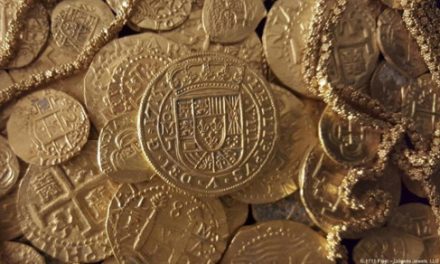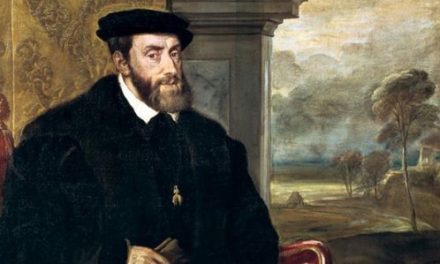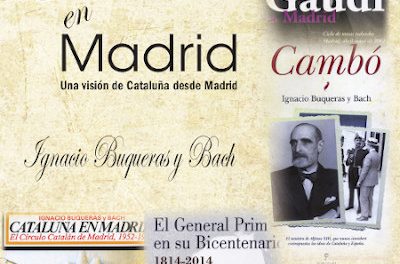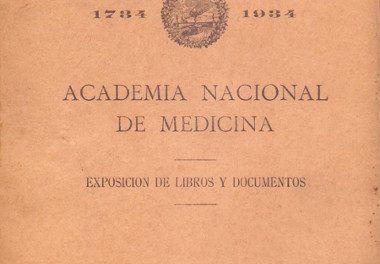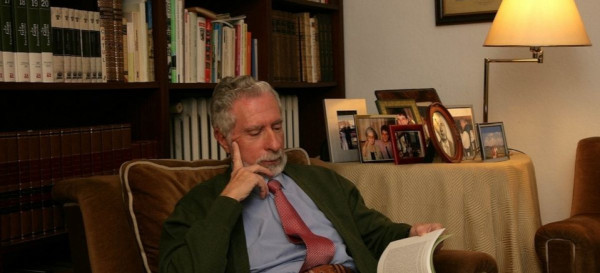
Dr. Salvador de Brocà
Salvador de Brocà, professor of Philosophy at the Rovira i Virgili University, full academician of the Royal European Academy of Doctors-Barcelona 1914 (RAED) and president of its Section of Human Sciences, has presented the work “El marc de la història a la Il·lustració” (The frame of history in the Enlightenment), where he focuses on his studies on international politics of the 18th century that decisively influence the lines of thought of the Enlightenment to the point of defining a new cultural paradigm. Doctor of Philosophy and Letters, member of the Philosophy Section of the Institute of Catalan Studies and author of a dozen reference books on philosophy and history of thought, De Brocà is one of the main specialists in the culture and thought of the Baroque and Enlightenment.
The academician begins his work remembering that if in the 17th century the central power in Europe passed from Spain to France, in the 18th century the dominance of the French monarchy, although powerful, gives way to the British monarchy from the outcome of the war of succession to the Spanish Crown that concludes with the Treaty of Utrecht. It’s in this framework that a contemporary concept is born, the balance of power, which will mark international geopolitics since then.
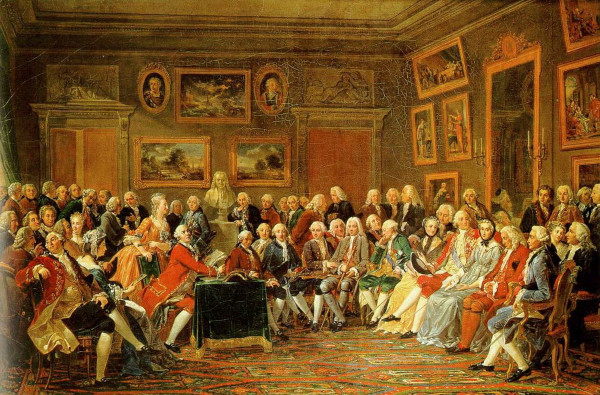 De Brocà analyzes both the rise of new powers driven by an upward bourgeoisie and a religion, Protestantism, which is gaining ground in Europe. “The result of all this was the rise of two great powers, Prussia and Russia, the virtual disappearance of Poland and a displacement of the gravitational center of European politics to the East. France, although with a position of pre-eminence in the European continent, had been losing power for the benefit of the United Kingdom. A power backed by an economy in full development and superior naval power, while Spain was now on the defensive”, explains the academician.
De Brocà analyzes both the rise of new powers driven by an upward bourgeoisie and a religion, Protestantism, which is gaining ground in Europe. “The result of all this was the rise of two great powers, Prussia and Russia, the virtual disappearance of Poland and a displacement of the gravitational center of European politics to the East. France, although with a position of pre-eminence in the European continent, had been losing power for the benefit of the United Kingdom. A power backed by an economy in full development and superior naval power, while Spain was now on the defensive”, explains the academician.
“As for the economy, we must allude to the two basic institutions of capitalist society, which are gaining increasing prominence in the enlightened era: banking and the stock market on the one hand and joint-stock companies on the other. In the 18th century the financial hegemony belonged to the Dutch and the city of Amsterdam was still the first great European money market. In a gradual way the United Kingdom snatched from the United Provinces the financial primacy they enjoyed thanks to the maritime power and the consequent expansion commercial and colonial carried out since the previous century”, he adds. All this leads to a new political, social and cultural vision supported by Protestantism.

